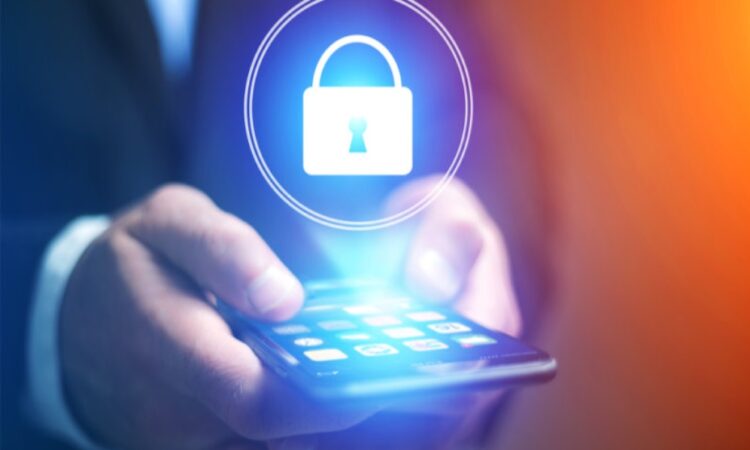
Messages sent to a private message box will self-destruct after they have been read. Your communications will be protected as well as an added layer of security. Platforms like PrivNote provide easy-to-use private message boxes that integrate seamlessly into your existing processes.
Understanding private message boxes
A private message box generates a unique, encrypted URL for each message. The recipient opens the URL to view the message. Once opened, the message is permanently deleted from the private message box server. It prevents anyone from accessing the data. Messages in private boxes are encrypted end-to-end. This means only the sender and recipient access the content. The hosting provider cannot decipher the message. This prevents unauthorized access, even by the hosting company itself. Private messages are temporary by design. They self-destruct after being read once. The recipient cannot forward or copy/paste the message. This gives the sender more control over sensitive data. Compared to normal messaging apps, private message boxes have several key advantages:
- Encryption prevents unauthorized access
- Self-destructing messages enhance security
- Senders control how long recipients access messages
- No accounts required simplifies sharing
Private message boxes are ideal for protecting sensitive information like:
- Passwords or access codes
- Financial data
- Legal documents
- Confidential business plans
- Private communications
Private message boxes provide a secure, ephemeral way to share sensitive data. The encrypted URL access and self-destruct features maximize privacy and control. privatemessage.net, click here to learn more about private message box.
Streamlining work processes
Adding a private message box to your workflow provides several benefits:
- Enhanced Security – Private message boxes keep confidential data secure. Encryption and self-destructing messages prevent unauthorized access to sensitive information.
- Improved Compliance – Many regulations require protecting client data and communications. Private message boxes help demonstrate compliance by limiting data exposure.
- Reduced Risk – Self-destructing messages minimize the risks associated with data leaks. Private message boxes reduce how long data is exposed.
- Increased Flexibility – Senders control how long recipients access messages. This level of control provides flexibility when sharing sensitive data.
- Easier Cross-Company Collaboration – Private message boxes don’t require accounts. This simplifies the sharing of confidential data across organizations.
Using privnote for private messages
PrivNote offers an easy-to-use private message box. Here are some ways to integrate PrivNote into business workflows:
- Marketing – Share launch dates, pricing details, and campaign specifics with external partners
- Sales – Provide quotes, proposals, and contracts to prospects and clients
- HR – Send employee personal information like SSNs and bank details
- Legal – Communicate with clients about case details and sensitive materials
- Finance – Transmit financial statements, reports, or investment data
- Engineering – Share design specifications or IP with external contractors
- Executive – Distribute board presentations, strategy plans, or M&A details
- IT – Provide passwords, API keys, and access credentials to internal/external users
PrivNote simplifies sending private messages from existing platforms:
Email integration
- Install PrivNote Chrome Extension
- Compose email in Gmail (or other webmail)
- Highlight text and click the PrivNote icon to encrypt
- Recipient clicks an encrypted link to view the message
Chat integration
- Install PrivNote browser extensions
- Highlight text in chat and click the PrivNote button
- Paste the encrypted URL into the chat window
PrivNote maximizes convenience while enhancing message security. Users continue working with familiar tools like Gmail and Slack while benefiting from private message capabilities.
